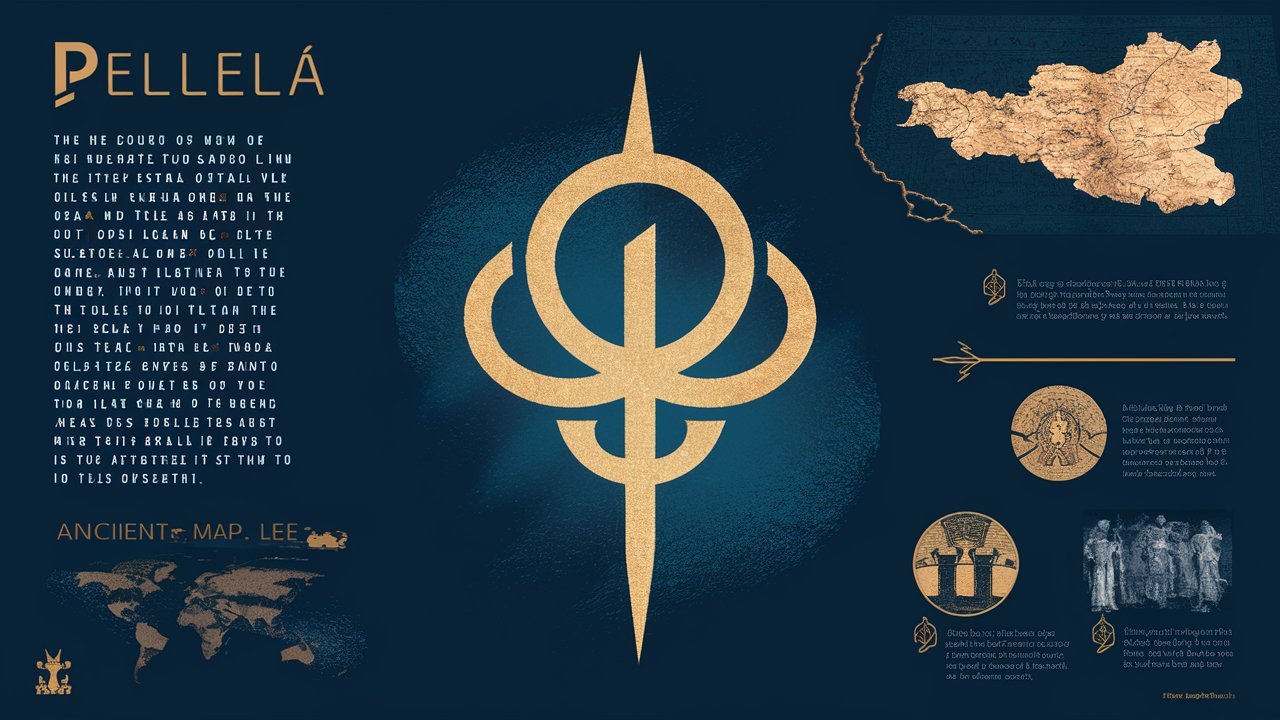In the vast world of names, traditions, and cultural identifiers, “Pellela” stands out as a term rich in mystery, heritage, and linguistic depth. Whether you’ve come across it as a surname, a geographical name, or a historical reference, Pellela carries meanings that go beyond the surface. In this comprehensive article, we explore the origins, etymology, cultural relevance, and modern interpretations of Pellela to provide a complete understanding of this fascinating term.
Understanding the Meaning of Pellela
The word Pellela is intriguing for linguists and historians alike. Its interpretation varies depending on cultural and geographical context. In some regions, Pellela is recognized as a surname of ancient descent, possibly linked to European or South Asian roots. In others, it may refer to a place name, tied to historical settlements or families who once resided there.
Etymological analysis suggests that Pellela could stem from old dialects or linguistic transitions over time, possibly derived from words meaning “stone,” “plain,” or “field.” These associations reflect both strength and groundedness, qualities deeply embedded in many family names and cultural identities across civilizations.
Historical Roots and Geographic Connections of Pellela
Tracing the historical origins of Pellela reveals its possible links to migration, colonization, and local heritage. In Europe, many surnames ending in “-ella” were derived from Latin influences, often indicating belonging or descent. This suffix can signify lineage or connection, hinting that Pellela may have originated from a Romanic or Mediterranean background.
In South Asia, the name Pellela appears in village or regional contexts, particularly in India and Sri Lanka, where it might represent a family name, ancestral village, or territorial designation. Such naming conventions were traditionally used to signify familial land ownership or community belonging.
The geographic spread of Pellela demonstrates how names evolve and adapt as families migrate, carrying their linguistic heritage across continents.
Cultural and Linguistic Significance of Pellela
Culturally, Pellela symbolizes identity, belonging, and continuity. It carries the essence of historical lineage while evolving to fit modern identities. In linguistic studies, the structure of the name provides insight into phonetic evolution—where “Pelle-” could signify a base word or family origin and “-la” functions as a suffix denoting association or diminutive form.
In certain cultures, names like Pellela are seen as markers of pride and ancestry, connecting present generations with their roots. The significance extends beyond family heritage—it serves as a linguistic relic that tells stories of migration, adaptation, and persistence through time.
The Symbolism and Meaning Behind Pellela
Every name holds symbolic meaning, and Pellela is no exception. Depending on interpretation, it embodies traits such as:
-
Strength and resilience – derived from its possible connection to words meaning “rock” or “stone.”
-
Grounded identity – reflecting stability, origin, and rootedness.
-
Cultural continuity – symbolizing the preservation of family and regional history.
Many individuals bearing this name take pride in its uniqueness, using it as a representation of their cultural identity and familial pride. The rarity of the name adds to its charm, making it an identifier that is both distinctive and meaningful.
Modern Usage and Global Presence of Pellela
In today’s globalized world, Pellela has found its way across continents—appearing in surname registries, genealogical databases, and even geographical maps. Digital connectivity has made it possible to trace the lineage and modern dispersion of families carrying the name.
In academia and literature, Pellela is often analyzed for its linguistic composition and phonological structure, serving as an example of how ancient naming systems have influenced modern ones. Genealogical research indicates that individuals with the Pellela name can be found in India, Italy, the United States, and Australia, among other regions, showcasing the global reach of this ancestral identifier.
Etymological Insights: Breaking Down the Word Pellela
Linguists often study Pellela through its phonetic and morphological elements:
-
Pelle – potentially related to Latin “pellis” (meaning “skin” or “covering”), or Italian “pelle” (meaning “skin” or “hide”), suggesting a link to craftsmanship or trade.
-
-la – a common diminutive or locative suffix in Romance languages, signifying smallness or belonging.
Thus, Pellela could linguistically mean “of the skin” or “from the land of Pelle,” depending on its contextual usage. Such an analysis highlights the depth and multiplicity of interpretations that make the name both historically valuable and linguistically fascinating.

Genealogical Exploration: Tracing Pellela Ancestry
For genealogists, researching the Pellela lineage involves exploring archives, immigration records, and census data. Families carrying this name may have originated in agrarian societies or craft-based communities, given the occupational nature of many historical surnames.
Digital genealogy platforms have made it easier for descendants of Pellela families to trace their roots and build family trees, reconnecting with their ancestors and uncovering the evolution of their family identity over centuries. Such efforts contribute to preserving intangible cultural heritage for future generations.
Pellela in the Digital and Business World
In modern times, Pellela has transcended personal and geographic identity to find a place in digital branding, business naming, and creative industries. Companies and online ventures adopt unique names like Pellela to stand out in the digital marketplace, leveraging the name’s rarity and memorability.
With the increasing importance of domain uniqueness and SEO-friendly identifiers, Pellela serves as an excellent example of a name that can achieve brand distinction and online visibility while maintaining cultural depth.
Why Understanding Pellela Matters
Understanding names like Pellela helps preserve the stories of human migration, cultural interaction, and linguistic transformation. In a world where identity is increasingly digital, reconnecting with ancestral or etymological roots fosters a sense of belonging and appreciation for diversity.
Moreover, studying names like Pellela enhances cross-cultural understanding and linguistic preservation, ensuring that ancient identifiers continue to thrive in modern narratives.
Conclusion
The name Pellela embodies centuries of history, language, and culture—bridging the past with the present. From its possible roots in Latin and South Asian contexts to its modern adaptation in global identity, Pellela remains a symbol of endurance, heritage, and individuality. Its depth and diversity make it more than just a word—it’s a living reflection of human history and identity.
Whether you carry the name Pellela, study it academically, or simply appreciate its unique resonance, understanding its story opens a window into the interconnected nature of language and culture across generations.
FAQs About Pellela
1. What does Pellela mean?
Pellela is believed to originate from ancient linguistic roots meaning “stone,” “field,” or “skin,” depending on cultural context. It signifies strength, identity, and continuity.
2. Is Pellela a common surname?
No, Pellela is relatively rare and is mostly found in specific regions of Europe and South Asia, making it a distinctive name.
3. Where does the name Pellela come from?
The name may have roots in Latin-derived languages or South Asian regional dialects, reflecting both European and Indian origins.
4. How can I trace my Pellela ancestry?
You can use genealogy databases, regional records, and family archives to uncover the historical lineage of your Pellela ancestors.
5. Can Pellela be used as a brand or company name?
Yes. Due to its uniqueness, Pellela makes a strong and memorable brand name, ideal for digital businesses and creative ventures.
